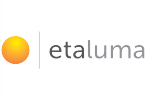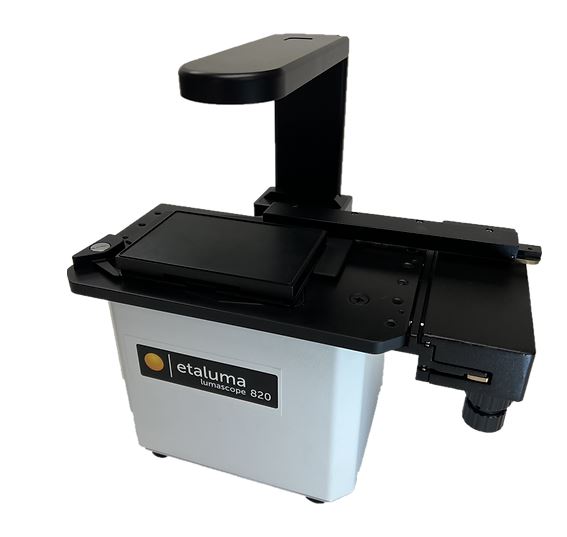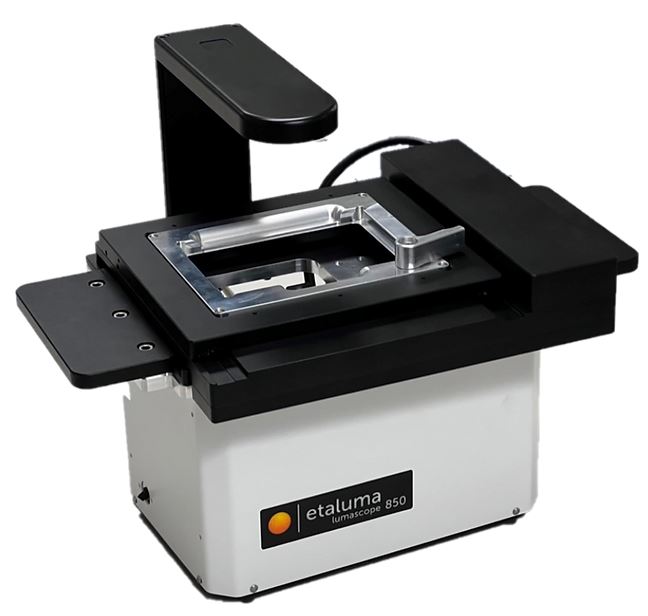With a focus on portability, ease of use, high-quality imaging and fast frame-rate, Etaluma developed new concept in simple, affordable, and accessible fluorescence microscopy.
Accelerate to discover
Related topics

Applications: Phase Contrast and Fluorescence Microscopy
Uveal melanoma (UM) is the most common intraocular tumor in adults, yet researchers face a major challenge: the absence of commercially available normal choroidal melanocyte (NCM) cell lines for comparison. In a recent study titled “Co-isolation of human donor eye cells and development of oncogene-mutated melanocytes to study uveal melanoma,” researchers developed innovative methods to isolate and engineer donor eye cells to better understand how this cancer progresses.
To visualize these cells and their behavior in culture, the research team relied on phase contrast and fluorescence microscopy—two complementary imaging techniques that reveal structural and molecular details critical for cancer modeling.
Phase contrast microscopy allowed researchers to observe live, unstained cells in high detail, making it easier to track morphology and growth patterns over time. Meanwhile, fluorescence microscopy enabled the team to label and detect specific proteins and genetic markers related to oncogenic transformation, providing deeper insight into how healthy melanocytes become cancerous.
Etaluma’s compact and easy-to-use Lumascope microscopes were ideally suited for this research, enabling high-resolution imaging directly inside incubators or on the benchtop. The dual capabilities of phase contrast and fluorescence provided the flexibility needed to capture both structural and molecular changes in real time.
This combination of techniques supports more accurate disease modeling and may help pave the way for better screening, drug testing, and personalized therapies in the future.
Related technologies: Automated microscopy and image analysisAutomated microscopy and Spatial ProteomicsLive cell imaging





